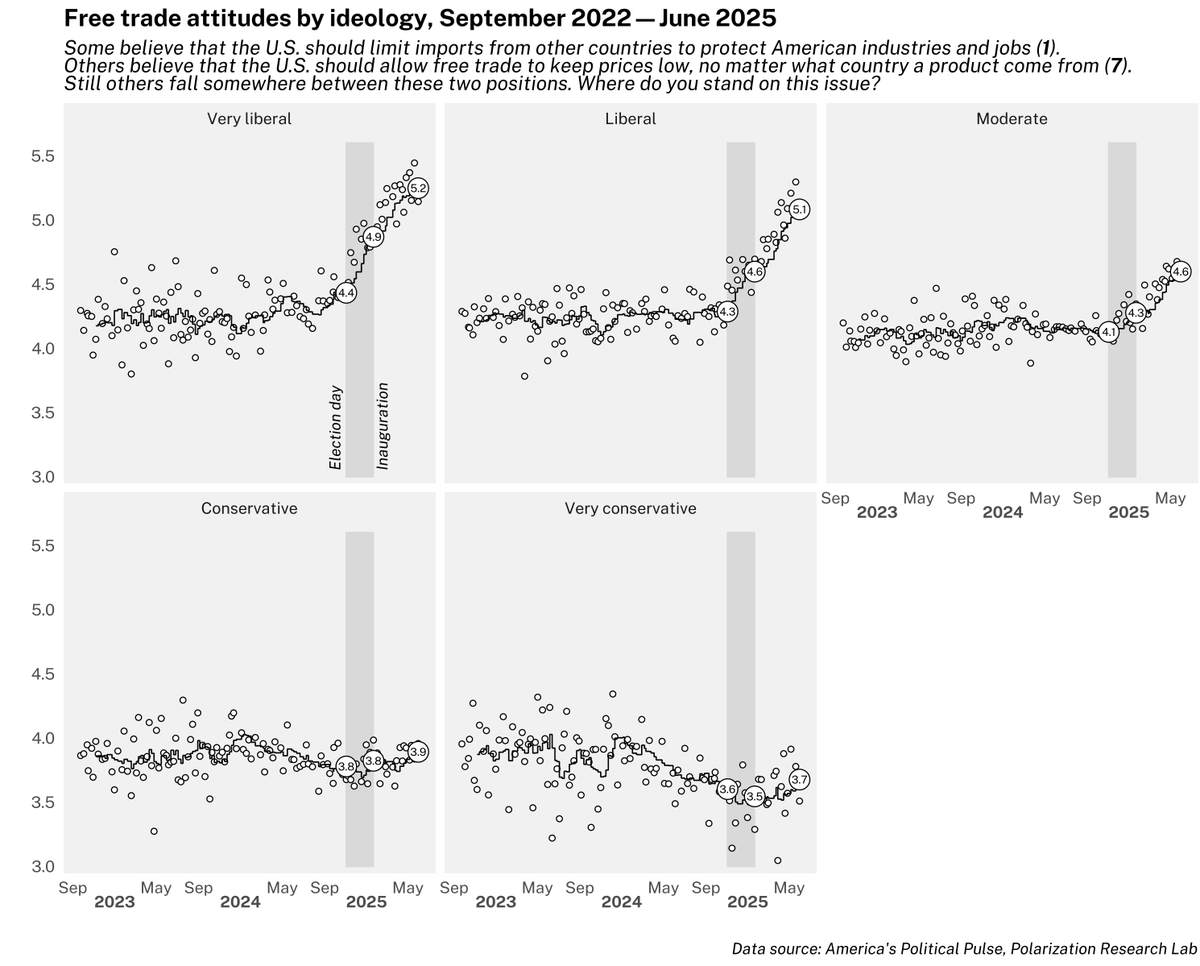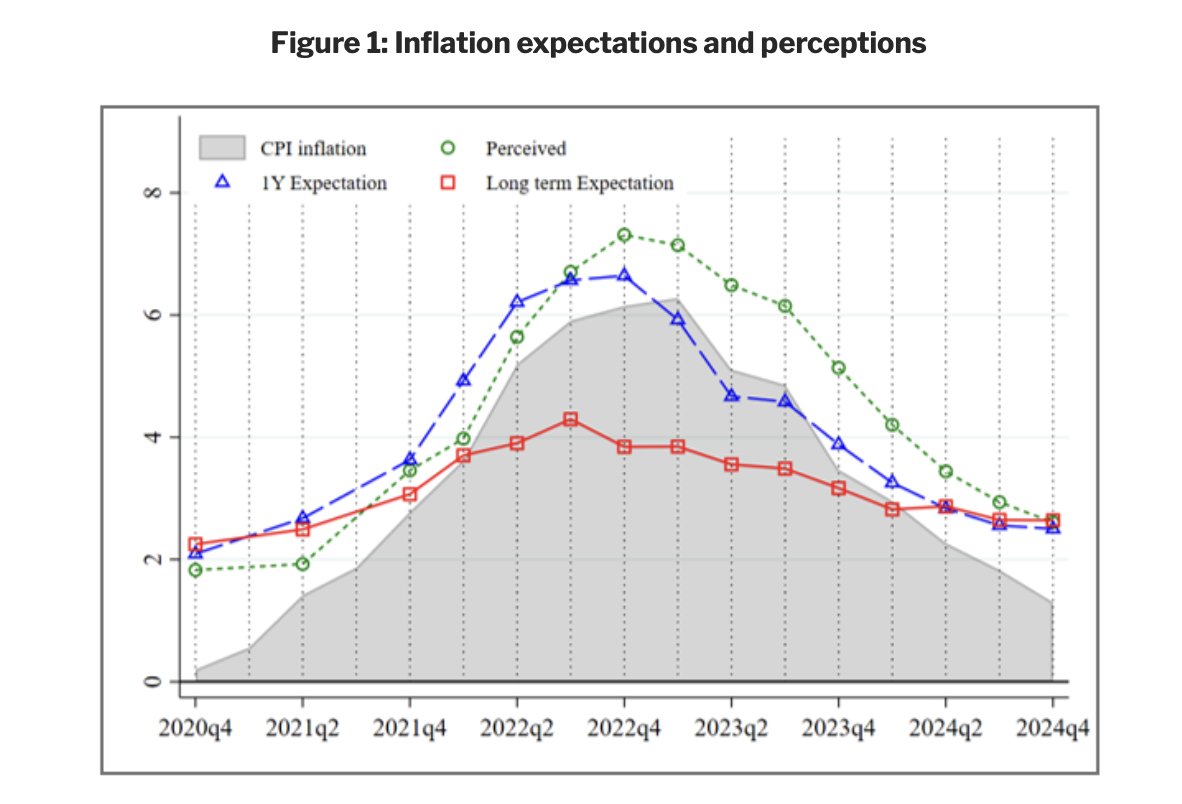
Kunal Sangani
@ksangani8
Asst Prof at @NorthwesternU Econ starting 2025, Economics PhD at @HarvardHBS
ID: 756152546
http://kunalsangani.com 14-08-2012 00:53:52
116 Tweet
1,1K Followers
1,1K Following

Hello Econtwitter (or whatever remains of it)! I'll be at ASSA Meeting next week, so hit me up if you want to drink coffee and chat research! And be sure to check out this excellent, inter-field session I've organized:


Awesome study by Alex MacKay and coauthors estimating markups across >100 product categories. The lesson is that the culprit for rising markups is not growing market power or oligopolistic concentration of sellers, but the declining price sensitivity of consumers.


Earnings calls showing a huge spike in anticipated pressure from tariffs — and this is for data up to March 31, before “Liberation Day”! from Matteo Maggiori Antonio Coppola Christopher Clayton Jesse Schreger

A framework to analyze quotas and other quantity-based distortions, like the H-1B visa cap, Argentina's capital controls, and NYC taxicab medallions in general equilibrium, from @Dbaqaee and Kunal Sangani nber.org/papers/w33695
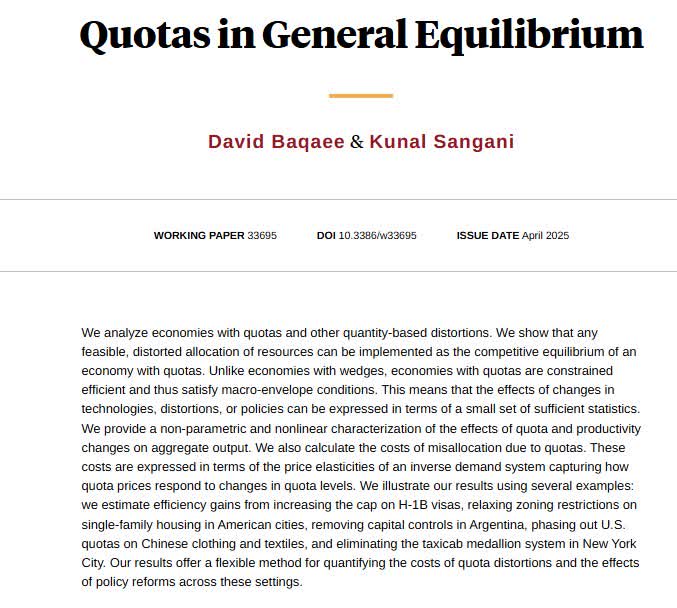


Nearly a fourth of workers are now subject to occupational licensing in the US ht Adam Tooze, paper by Corollo, Hicks, Karch, Kleiner


Wrapped up the inaugural BU Junior Macro Conference with great discussions and an incredible group of researchers. Thanks to all who joined! Liyan shi Kunal Sangani Paolo Martellini Sean McCrary, Ryungha Oh, Daniel O’Connor, and Co-organizers Masao Fukui, Tarek Hassan BU Economics

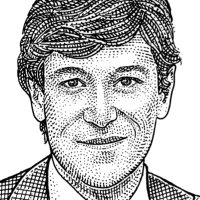


One of many fascinating figures from Zachary Bleemer and Sarah Quincy on the falling college premium for low-income students. College majors and falling quality in teaching-oriented public schools account for over 1/2 of the relative decline.


The Budget Lab • The price level from all 2025 tariffs rises by 1.5% in the short-run, the equivalent of an average per household income loss of $2,000 in 2025$. • Annual losses for households at the bottom of the income distribution are -2.8% ($1,100 in 2025$) v. -0.8% ($4,200) at top. 4/9
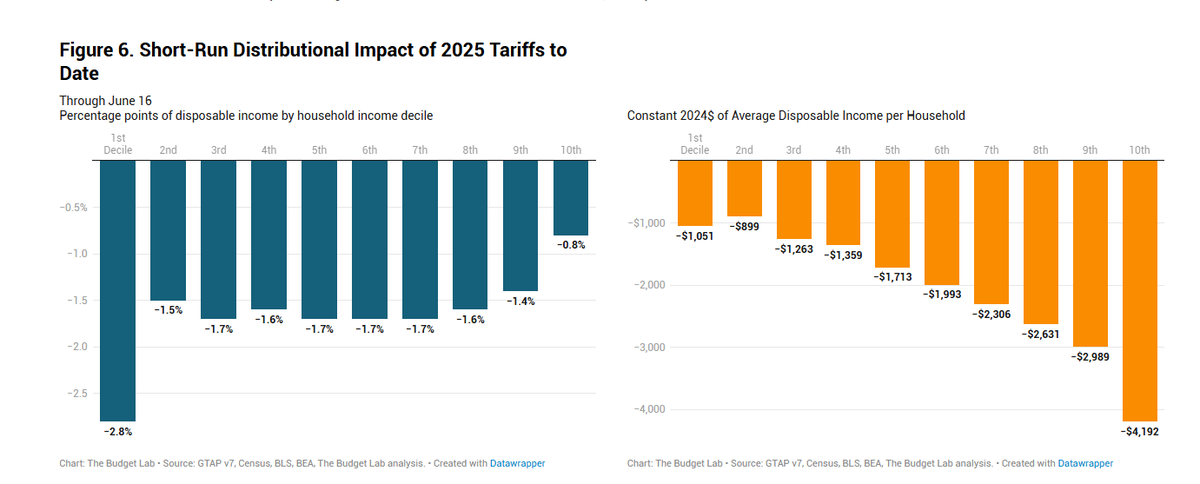
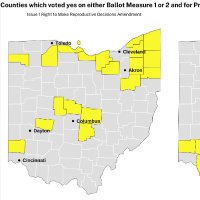
While liberals have moved almost a full scale point more supportive of free trade since the election (on a 7pt scale) conservatives are unmoved. A super interesting case for the role of elites in shaping mass attitudes. Data from the incredible Polarization Research Lab Political Pulse.
